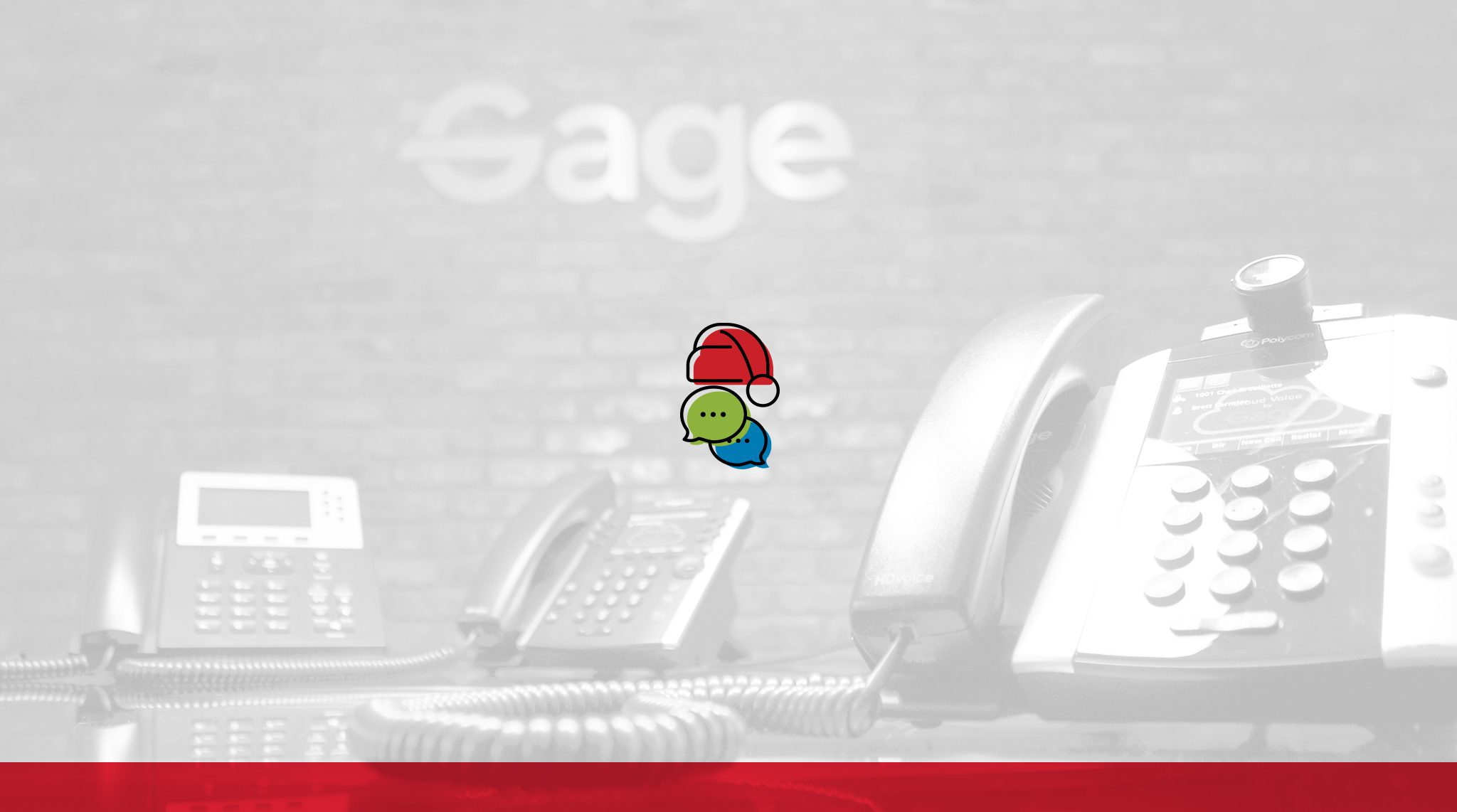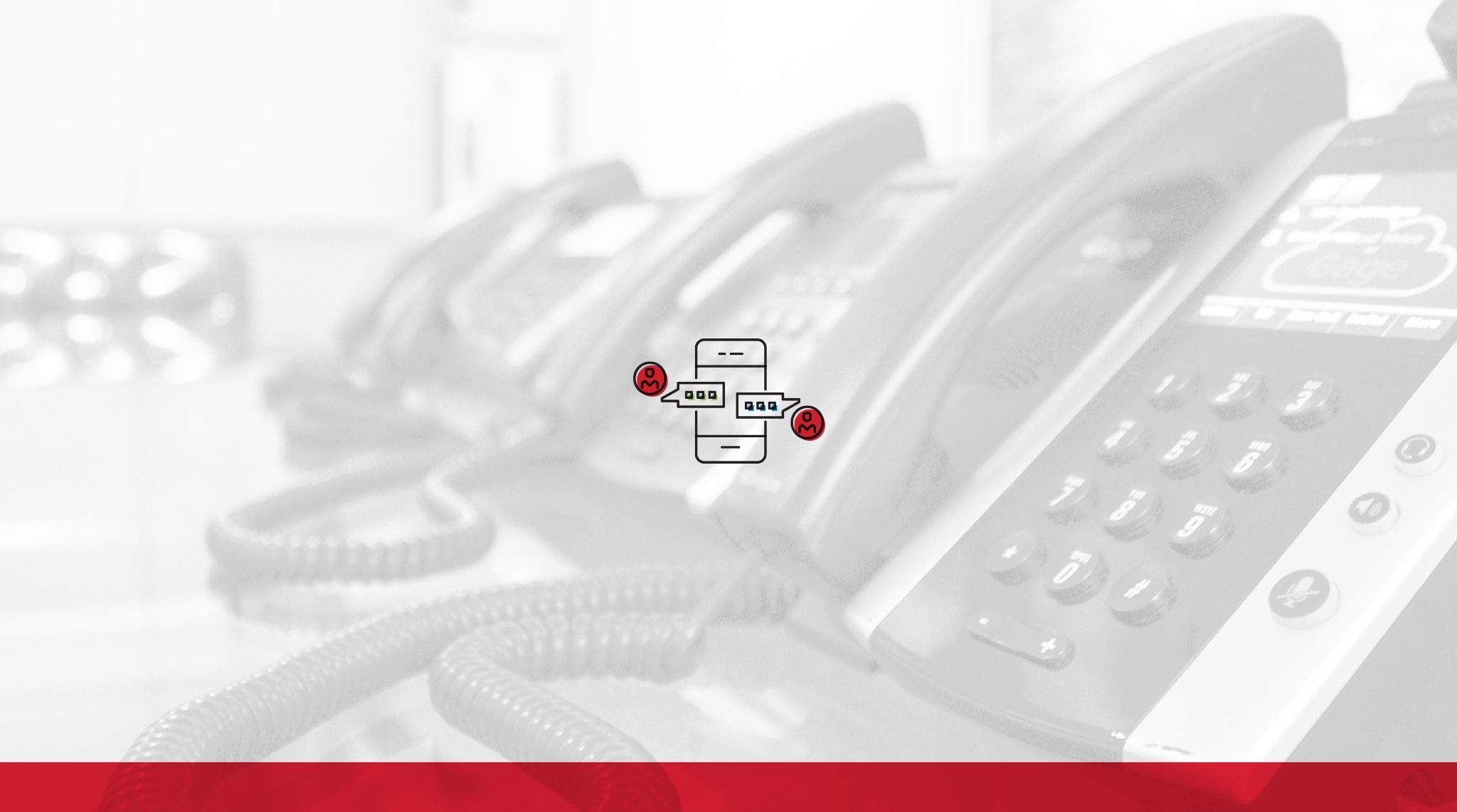
As the news of the coronavirus (COVID-19) is rapidly changing each day, one constant for businesses is a concern for the health and safety of your team. At GAGE, we also understand the importance of business continuity in a time like this, when many businesses are being forced to consider remote work options in order to maintain operations. Over the years, GAGE has supported its customers in the path of hurricanes, floods and extended power outages. We are prepared and have contingency plans in place to deal with any potential issue that may arise from COVID-19. GAGE has been in business for over 40 years, and we continue to have the same mission, even through a crisis: to provide the finest telecommunications and data services that enable our clients to increase their profitability, obtain a competitive advantage, and improve employee productivity.
Many business owners know that down time can be devastating to Small- or Medium-Sized Businesses (SMBs). We know you have a lot to think about during this time, and we want you to feel safe and secure with your business. Here are some tips to make sure you are prepared to get your business operations back up and running during a public health emergency like COVID-19 presents:
1. Implement Your Disaster Recovery Plan.
The first step is to make sure you are prepared to implement your Disaster Recovery Plan (DRP). If your business has an in-house IT team, or an external managed service provider, it is likely that you already have this in place and tested regularly – a great asset in times like these. A well defined DRP includes a list of your critical business functions with an analysis of your processes and recovery plans for each. If you do not have a DRP in place, the first thing you’ll want to do is consider what your critical business functions are.
2. Establish a Communication Plan.
Make sure your team knows who to contact and establish a point person for critical projects. Another thing that businesses often overlook is making sure you have your team’s personal contact details up to date. Communicate with your customers and vendors as well if there is critical information they need to know or downtime you are anticipating.
3. Assess Your Infrastructure for Remote Access.
Assess your infrastructure and make sure you’ve considered any complications that could arise in a time like this. Can your employees access certain internal databases for your company if they would need to work from home? Make sure your data is protected and backed up, as well as accessible by your off-site team while they are away from the office.
4. Encourage Your Team To Work Remotely.
As the virus continues to spread, you’ll want to make sure your team is able to work remotely for as long as necessary. You can encourage continued productivity by making sure there is a point person assigned for critical projects, files are accessible, and all employees have the tools and methods in place for ongoing communication. Many SMBs may consider providing their employees with laptops, cell phones and a mobile hotspot to make sure they have what they need to get back up and running remotely.
5. Utilize Cloud VoIP Capabilities.
If you are an existing GAGE Cloud Voice customer, this scenario is exactly what a cloud voice communication system is made for. By default, GAGE Cloud Voice is the most flexible and cost-effective solution in a time like this because its cloud-based communications system allows for remote work and maintaining a healthy work environment through continued connectivity. Maximize your unified communication tools to help with business continuity. Continue to keep your team members in communication with tools like instant messaging, video conferencing and more. Your system may do more than you know – get in touch with your provider to understand your system’s capabilities, or maybe it’s time to consider upgrading to a new system that allows you to facilitate communication in the event like this.
………………………….
If your team needs assistance achieving business continuity with your communications system, please contact us or call 225-753-4243. Our GAGE Cloud Voice platform is truly the last phone system you’ll ever need. More than just a phone system, GAGE Cloud Voice is a cloud based, carrier-class complete VoIP communications solution that gives businesses the ability to be accessible anytime, anywhere, on any device. GAGE Cloud Voice is an invaluable asset during unprecedented situations like the COVID-19 outbreak, and GAGE is prepared to help. Stay safe and stay healthy.



